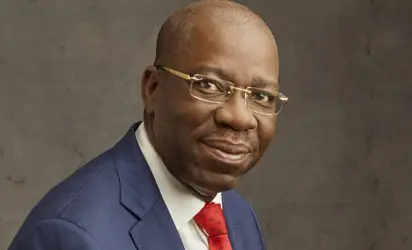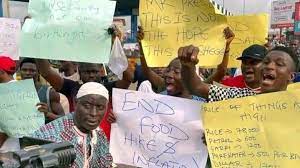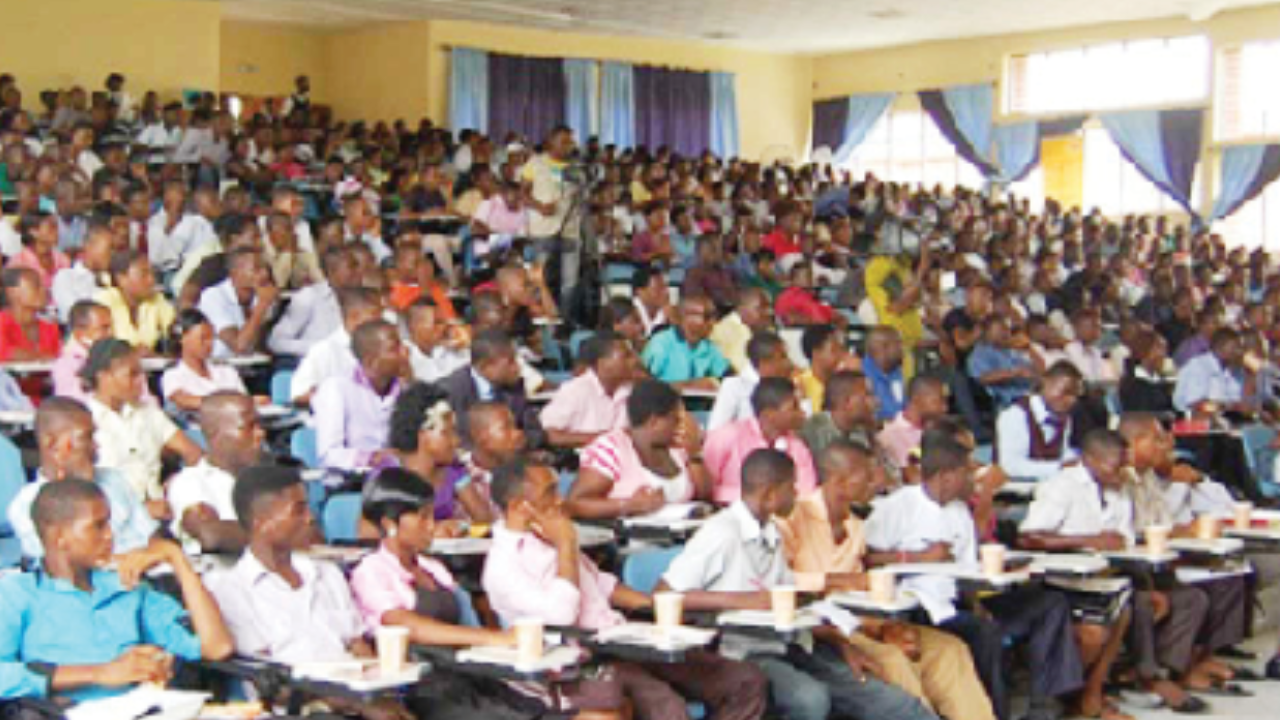Nigerian Government Announces New Timeline for Minimum Wage Review
The Nigerian government has announced a change in the timeline for reviewing the minimum wage, now set to occur every two years instead of the previous five-year interval. This announcement was made by the Minister of State for Labour and Employment, Nkeiruka Onyejeocha, on Thursday in Abia State. The new review period aligns with President Bola Tinubu’s commitment to Nigerian workers, ensuring that the minimum wage will be assessed more frequently to meet the needs of workers.
Onyejeocha explained that the new timeline reflects President Tinubu’s promise to review the minimum wage after three years in office, ensuring that it is more responsive to the economic conditions faced by workers. “We are not going to allow minimum wage review to be forever,” she said, highlighting the shift from the former five-year cycle. “Now, in three years’ time, which is less than two years, we will also review the minimum wage,” she added.
This announcement comes at a time when the Trade Union Congress (TUC) has been advocating for a yearly review of the minimum wage, citing the rising inflation rates that are impacting the cost of living for Nigerian workers. With inflation reaching 34.60 percent in November 2024, the TUC believes that a more frequent review is necessary to ensure the minimum wage keeps up with economic realities.
In 2024, President Tinubu approved a N70,000 minimum wage, with the understanding that it would be reviewed every three years. However, the rising inflation has made the need for adjustments more urgent, prompting calls for quicker reviews. As the cost of living continues to rise, many workers are finding it difficult to keep up, which has led to increased pressure for more frequent wage adjustments.
The decision to review the minimum wage every two years reflects the government’s recognition of the economic challenges facing workers and its intention to provide a more responsive and adaptive approach to wage adjustments. As Nigeria’s economy continues to face inflationary pressures, the government’s commitment to periodic wage reviews will likely play a crucial role in addressing workers’ needs and maintaining social stability.
The question now is whether this new review cycle will be enough to meet the growing demands of Nigerian workers, or if further adjustments will be necessary in the near future. The government’s willingness to adjust the minimum wage more frequently will be closely watched in the coming years.








